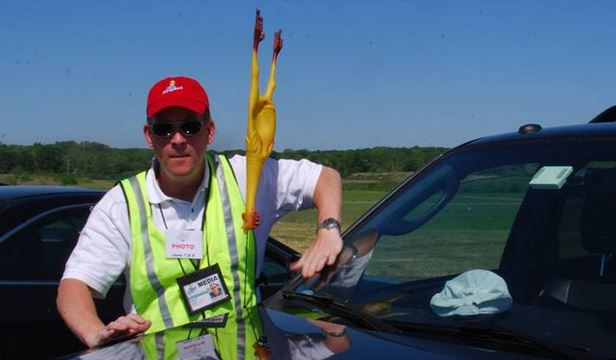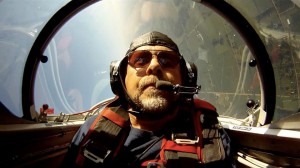These are the show notes to an audio episode. You can listen to the show audio by clicking here: http://traffic.libsyn.com/airspeed/AirspeedRoEWithPreRoll.mp3. Better yet, subscribe to Airspeed through iTunes or your other favorite podcatcher. It’s all free!
We’re taking a break from the usual avgas and airshow smoke here on Airspeed to go a little meta. A few years ago, I wrote a FAQ section for the website. I called it the Airspeed Rules of Engagement. Mostly the backstory of the show and information about who I am, what I do, the philosophical bent of the show, and other information about why Airspeed exists and where it’s going. I turned it into an audio episode and, strangely enough, it has become one of the most popular episodes and resulted in a lot of feedback.
So I thought I’d take an episode and update the Rules of Engagement here in Airspeed’s ninth year. Here we go.
___________________________________
The Airspeed Rules of Engagement are available here.
___________________________________
I’m very proud of what Airspeed has become. I was standing in a photo pit at an airshow a few weeks ago when a guy turned around upon hearing my voice and said, “Hey! You’re him!” It’s a great feeling when that happens and it happens more than I ever expected it to.
And I get e-mails from some of you who tell me that you’ve started flight training. Or re-started flight training. Or re-re-started or as many “re’s” as life makes necessary. Some of you have undertaken other projects or begun or continued other journeys that are just as compelling. Some of you tell me that you’ve made astonishing, terrifying, and courageous decisions and that something I said had a part in getting you on that trajectory. Wow. Just wow.
Brian Eno is reputed to have said that the Velvet Underground’s first album sold only 30,000 copies, but “everyone who bought one of those 30,000 copies started a band.” If you happen to be in search of a proper measure of real success and a life well-lived, may I tender Brian Eno’s words as an excellent candidate. And, though Airspeed is far from the “30,000” and “everyone” parts, some of you who have “started a band.” In fact, many of you have. You have flown, written, played, spoken, sung, counseled, taught, and – most of all – dared.
I am proud of Airspeed for many reasons. But that’s the big one. If something I said was a part of you daring to do a worthy thing, I’m flattered beyond any real ability to describe it. Thanks for joining me on this journey. And for what you’re going to do next. And the thing after that.
___________________________________
This episode’s Audible selection is The Martian by Andy Weir. Get is for free today when you sign up for a free trial at http://www.audibletrial.com/AIRSPEED.






